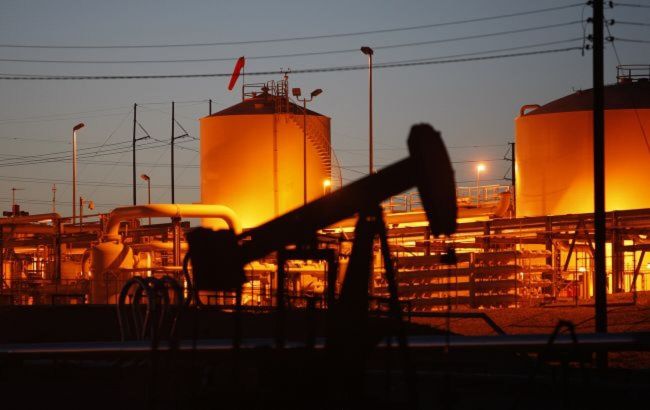Iraq tries to resume oil exports through Turkiye - Bloomberg
 Iraq is trying to resume oil exports through Turkiye (photo: Getty Images)
Iraq is trying to resume oil exports through Turkiye (photo: Getty Images)
Iraq may make changes to the federal budget to pay international oil companies fees for oil extraction and transit. This step aims to restore the operation of an important oil pipeline during the next year, according to Bloomberg.
Currently, negotiations are underway between oil companies, the Iraqi government in Baghdad, and the semi-autonomous Kurdistan Regional Government to resume the export of crude oil through Turkiye. The closure of the pipeline has led to the cut-off of almost half a million barrels of oil from the markets.
halted flows on the pipeline - which carries oil from Iraq’s Kurdish region to the Turkish port of Ceyhan - in March 2023 after an arbitration court ordered it to pay about $1.5 billion in damages to Iraq for transporting oil without Baghdad’s approval.
Iraq is trying to resolve the dispute to boost ties with Turkiye on issues from trade to security ahead of an expected visit by President Recep Tayyip Erdogan to Baghdad on April 22.
Iraq's Foreign Minister Fuad Hussein has announced that the actual cost of oil is around $21 per barrel, compared to $6 in the budget, and the most effective way would be to amend the budget from $6 to the actual cost.
"If we agree about the amendment of the budget law, then that will open the path for let’s say exporting the oil," he added.
Iraq had been exporting about 400,000 to 500,000 barrels a day from fields in the country’s north, including in the Kurdish region, via the now-halted pipeline.
This closure has cost Iraq over $7 billion in lost revenue.
Chinese refineries have increased their purchases of oil from Russia. In India, however, they are reducing these volumes due to fears of sanctions. In February, private refiners on average purchased 168,000 barrels per day of Sokol, which is three times more than in January and significantly exceeds the 53,000 barrels in 2023.
Additionally, oil supplies to India amounted to about 119,000 barrels per day in February, after stopping in January and December.
Following Russia's invasion of Ukraine in 2022, China and India became the largest consumers of Russian oil. The war led to the imposition of a series of US sanctions against Russia and restrictions on oil supply prices.

